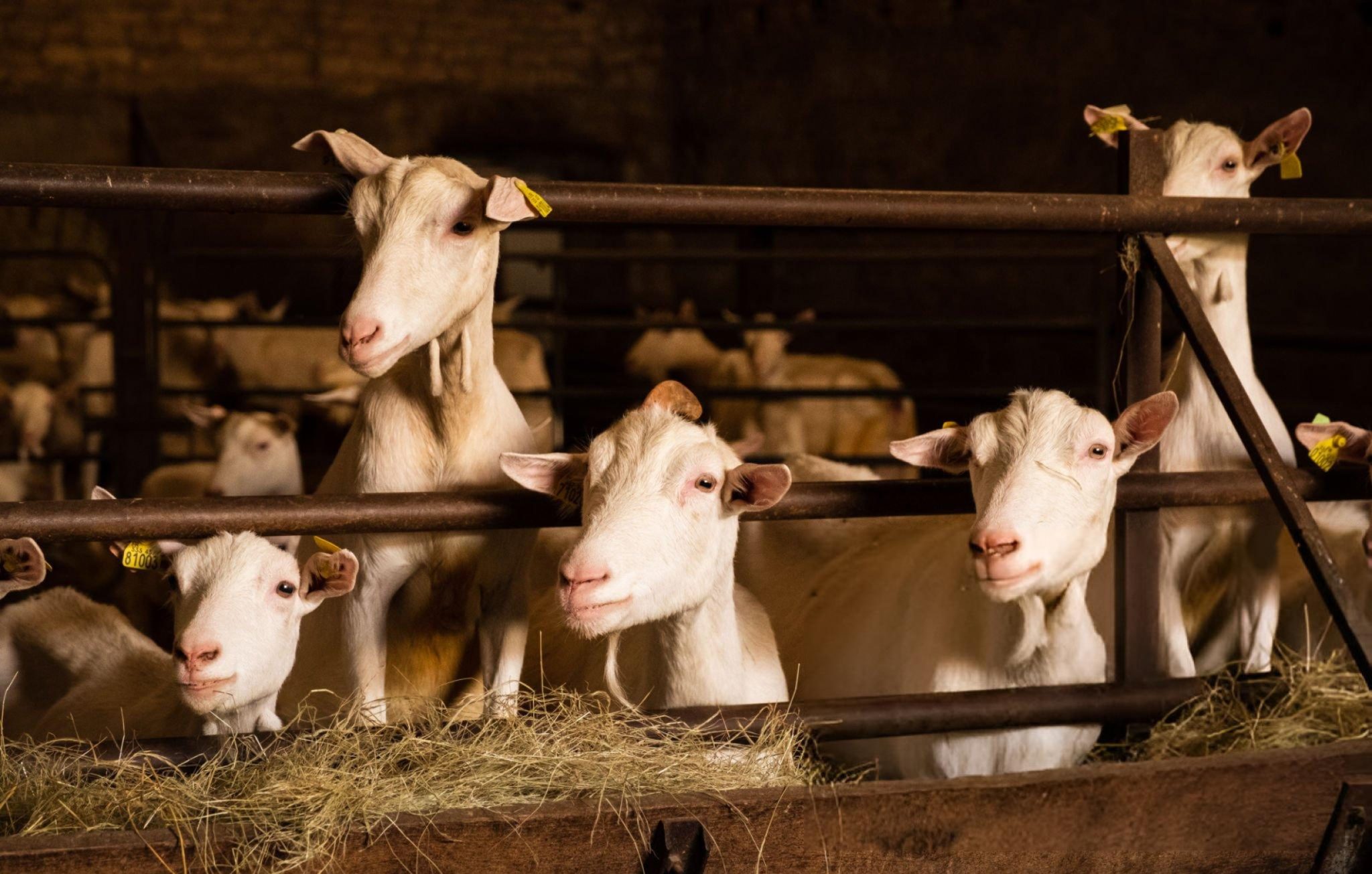UK-wide warning issued as infection linked to petting farm affects 81 people
An outbreak of a parasitic infection associated with public animal feeding activities at a popular farm in south wales has now affected at least 81 individuals, prompting a nationwide warning from health authorities. Public health wales and other agencies are urging visitors to exercise strict hygiene measures when visiting farms, as cases of cryptosporidium continue to rise.
Seven additional cases of the infection have been confirmed over the past week, all of which have been directly linked to visits to Cowbridge Farm Shop, Marlborough Grange Farm, located in the Vale of Glamorgan, during the months of march and april. The situation has become serious enough that 16 individuals have required hospitalisation, each spending at least one night under medical care.
In response to the outbreak, the farm halted all public feeding sessions involving animals, including calves and lambs, as of 29 april. The farm has continued to co-operate fully with the ongoing investigation, which is being led by public health wales in conjunction with environmental health and veterinary authorities. On wednesday, officials met for the fourth time since the outbreak began, in an effort to strengthen their response and prevent further cases.
Cryptosporidium is a microscopic parasite that causes gastrointestinal illness and is commonly contracted through contact with infected animals or contaminated water. It is known for its high transmissibility, particularly in environments where children are present or where individuals have weakened immune systems.
Beverley Griggs, consultant in health protection at public health wales, stated: “We are continuing to work with our partners to investigate this outbreak and to reduce the risk of further transmission. Cryptosporidium infection often clears up without treatment, but it can be more serious for vulnerable people. We advise anyone who visited the farm and is experiencing symptoms such as diarrhoea, stomach pain or nausea to contact their GP or call NHS 111 Wales.”
Symptoms of cryptosporidium infection typically appear between two and ten days after exposure. They can persist for up to two weeks, although in some individuals, particularly those with compromised immune systems, the illness may be more prolonged or severe. Public Health Wales has also warned that infected persons can continue to spread the parasite even after symptoms have subsided. Consequently, those affected are being urged to avoid swimming pools and other public water spaces for at least two weeks following recovery.
In light of the outbreak, visitors to farms across the UK are being reminded to exercise caution. This includes avoiding close contact with animals, particularly during feeding sessions, and ensuring that children are closely supervised. Health experts have emphasised the importance of washing hands thoroughly with soap and warm water after any contact with animals or farm surfaces, and before eating or drinking. They have also pointed out that alcohol-based hand sanitisers are not effective against cryptosporidium.
Additionally, pregnant women have been advised to avoid any interaction with newborn lambs during the lambing season, due to the increased risk of infection. While the disease is generally self-limiting in healthy adults, it can pose more significant health risks to unborn babies, as well as to the mothers themselves.
Health authorities have indicated that the outbreak remains under close monitoring, and further updates will be provided as the situation develops. They have reiterated the importance of public co-operation, highlighting that simple hygiene measures remain the most effective defence against the spread of cryptosporidium and other zoonotic infections commonly associated with farm environments.






